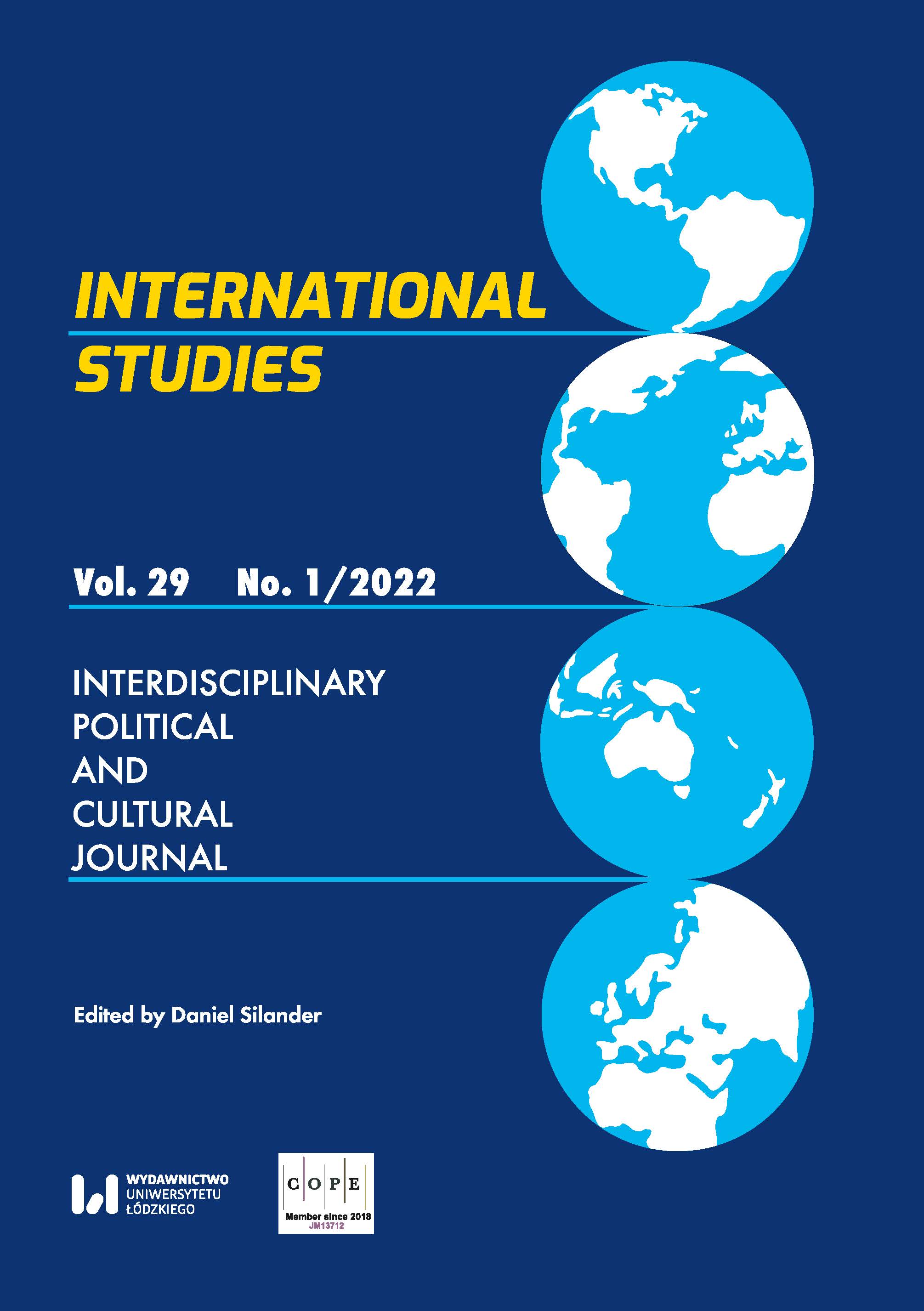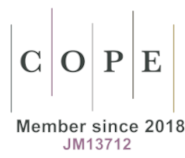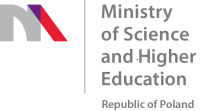Cultural Orientations of the Politics of Education in Ukraine (2010–2013): Ideology Strikes Back
DOI:
https://doi.org/10.18778/1641-4233.29.02Keywords:
Ukraine, language policy, colonialism, educational policy, regional languages, identity, narrative of resistanceAbstract
In this article, the author has analysed educational reforms and educational policy in general, which was implemented in Ukraine during the presidency of Viktor Yanukovych. A few political cases were analysed, in particular the opposition of the National University of “Kyiv-Mohyla Academy” to the educational trends implemented by the Ministry of Education and Science of Ukraine under the leadership of Dmytro Tabachnyk. The manifestations of colonial policy in Ukrainian education, which were aimed at the rapprochement of Ukraine and Russia and the positioning of Ukraine as a colonial part of the imperial body, have been outlined. It has been discussed in what implicit way the colonial strategy was implemented in the educational reforms in Ukraine, in particular in the aspect of teaching humanitarian disciplines, e.g. Ukrainian literature. Forms of possible resistance to colonial strategies in the educational field, the principles of overcoming imperial pressure and intensifying the narrative of resistance, which made it possible to avoid further splitting of the Ukrainian identity in the imperial body, have been analysed. The legislative activity, which was focused on strengthening the status of the Russian language as a regional language, has been outlined. Linguistic colonial approaches at the level of legislative initiatives in language policy have been spotlighted, in particular in the Kivalov-Kolesnichenko Law.
Downloads
References
Bilaniuk, L. “Criticism and Confidence: Reshaping the Linguistic Marketplace in Post-Soviet Ukraine”. In: Contemporary Ukraine on the Cultural Map of Europe. Ed. L. Zaleska Onyshkevych, M.G. Rewakowicz. New York–London: M.E. Sharpe, 2009: 336–358.
Google Scholar
Conner, W. “Nation-Building or Nation-Destroying?”. World Politics, 24.3 (1972): 337–338. https://doi.org/10.2307/2009753
Google Scholar
DOI: https://doi.org/10.2307/2009753
European Charter for Regional or Minority Languages. Strasbourg, 5.11.1992. Current version (of May 15, 2003). Web. 14.06.2023. https://zakon.rada.gov.ua/laws/show/994_014
Google Scholar
Fishman, J. Language and Nationalism: Two Integrative Essays. Rowley, Mass.: Newbury House Publishers, 1972.
Google Scholar
Humenyuk, T. “Sotsiolinhvistychnyy pohlyad na pytannya bahatoosnovnosti ukrayins’koyi literaturnoyi movy”. Dyvoslovo, 4 (2012): 37–41.
Google Scholar
Klochek, H.D. “Kontseptsiya reformuvannya literaturnoyi osvity v seredniy shkoli (predmet – ukrayins’ka literatura). Komentovanyy variant”. Dyvoslovo, 10 (2011): 4–16.
Google Scholar
Pachlovska, O. “Finis Europae: Contemporary Ukraine’s Conflicting Inheritances from the Humanistic “West” and the Byzantine “East” (A Triptych)”. In: Contemporary Ukraine on the Cultural Map of Europe. Ed. L. Zaleska Onyshkevych, M.G. Rewakowicz. New York–London: M.E. Sharpe, 2009: 40–68.
Google Scholar
Rose, H., Conama, J. “Linguistic imperialism: still a valid construct in relation to language policy for Irish Sign Language”. Language Policy, 17 (2018): 385–404. Web. 14.06.2023. https://doi.org/10.1007/s10993-017-9446-2
Google Scholar
DOI: https://doi.org/10.1007/s10993-017-9446-2
Shpytal, I. “Mova i politychne shakhraystvo novitnikh rusyfikatoriv”. Lit. Ukrayina, 30 Aug. 2012: 7.
Google Scholar
Yushchuk, I. “Pro kontseptsiyu movnoyi osvity v Ukrayini”. Slovo Prosvity, 20–26 Jan. 2011: 7.
Google Scholar
Yushchuk, I. “Ukrayins’ka mova v XXI stolitti: problemy stanu i status”. Dyvoslovo, 8 (2010): 2–5.
Google Scholar
Zaleska Onyshkevych, L., Rewakowicz, M.G., ed. Contemporary Ukraine on the Cultural Map of Europe. New York–London: M.E. Sharpe, 2009.
Google Scholar
Zavhorodnia, I. “Nevydyma ukrayins’kist’: popry nav’iazuvannia stereotypu pro sutsil’nu rosiys’komovnist’ Pivd. Skh. krayiny, bil’shist’ naselennya tut stanovlyat’ ukrayinomovni”. Tyzhden’, 34 (2012): 34–35.
Google Scholar
“Znyshchyty humanitarnu auru nemozhlyvo”: interview with Larysa Masenko by D. Drozdovskyi. Slovo Prosvity, 9–15 Dec. 2010: 4–5.
Google Scholar
Downloads
Published
Versions
- 2024-02-20 (2)
- 2024-01-16 (1)
How to Cite
Issue
Section
License

This work is licensed under a Creative Commons Attribution-NonCommercial-NoDerivatives 4.0 International License.

















